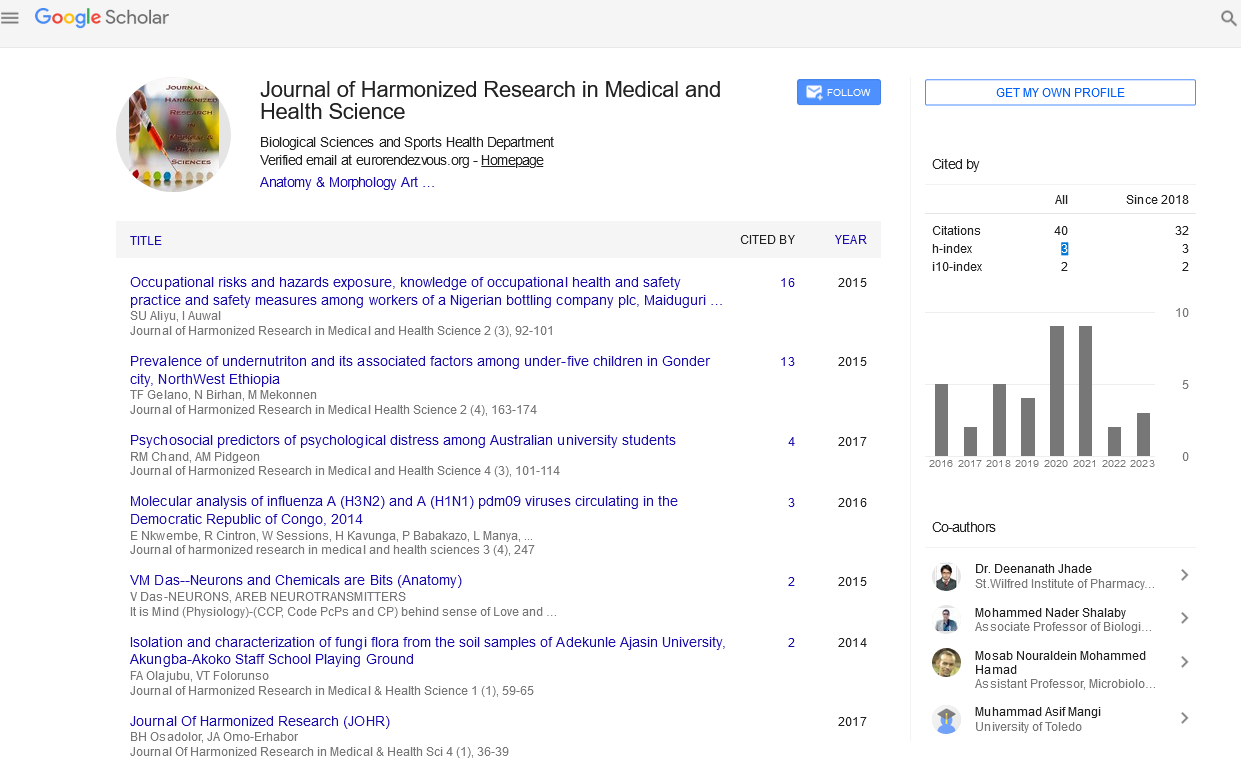RETROSPECTIVE ANALYSIS OF PATIENTS WITH HYPOTHYROIDISM DURING PREGNANCY AT A TERTIARY CARE CENTRE: OBSTETRIC AND NEONATAL OUTCOME
Abstract
Author(s): Mukta Agarwal, Sutapan Samanta, Divendu Bhushan.
Objective: Purpose of this study was to evaluate the obstetric and neonatal outcome associated with hypothyroidism during pregnancy. Material and methods: This was a retrospective cohort study of all women registered in our antenatal clinic between January’11 to December’11.Patients were either diagnosed prior to pregnancy or diagnosed in first trimester. These all patients were analyzed in terms of incidence of obstetric complications, mode of delivery, neonatal outcome and neonatal TSH. Results: 90 patients were diagnosed to have hypothyroidism with pregnancy during this period. Mean age of these patients were 26.5 years. Among obstetric complications most common was pre-eclampsia 30 %( 17/90) followed by GDM 24.5 %( 14/90) and IUGR 17.5% (21/90).44.4 %( 40/90) deliveries occurred by LSCS. Among neonatal complications, 27.7% (25/90) patients had fetal distress, 12% (11/90) babies has low APGAR scores (=7), 3.3% (3/90) patients had intra-uterine fetal demise (IUD) and 2.5% (2/90) had abortion. None of the neonate had hypothyroidism. Mean neonatal TSH was 1.63mIU/ml (ranged between 0.1-8.72). Conclusion: Patients with hypothyroidism during pregnancy were found to have increased risk of obstetric complications, operative delivery and fetal distress, though were not found to be associated with increased incidence of neonatal hypothyroidism.










